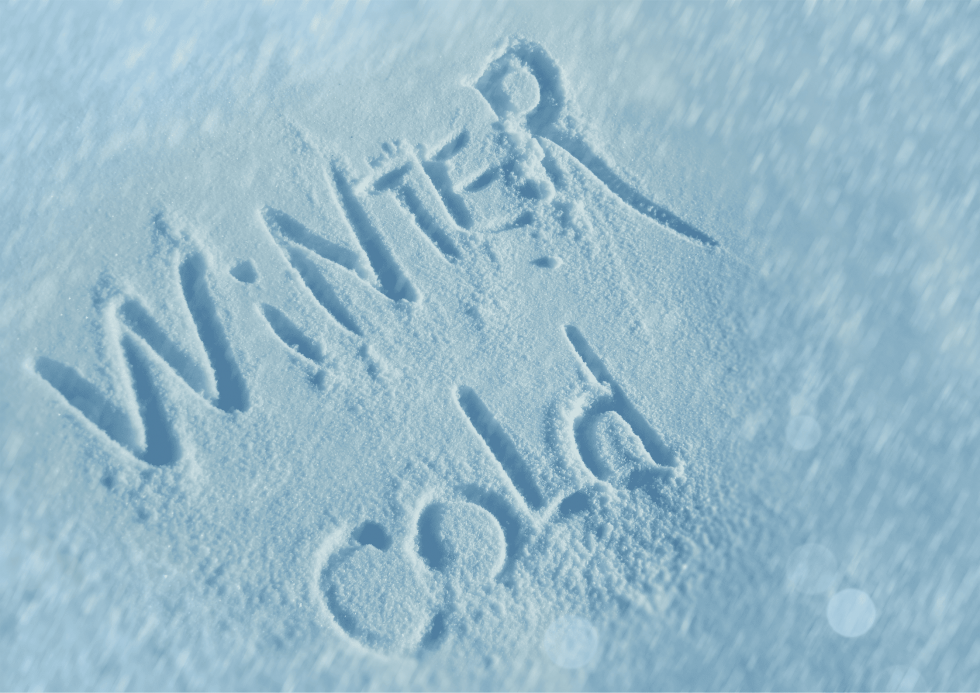
It’s the chilly season. It feels like the winter has arrived on time, if not early this year. Auckland is wet, damp, and cold and there seem to be so many kids’ activities out there that you need to take them out, joining the crazy traffic in the middle of a rain storm! YAY!
As we enter the winter months, we tend to come down with more colds. Here are some tips for super-charging your immune systems to keep those winter bugs at bay and our little ones at home happy and healthy:

1. Vitamin D
It is not that the cold makes us sick. It is that during the summer we are naturally exposed to vitamin D from the sun as sunlight triggers the skin’s production of vitamin D. It is therefore easy to see how ‘flu season seems to occur during the winter months. You need vitamin D for strong bones, muscles, and overall health. About 5% of adults in New Zealand are deficient in vitamin D. A further 27% are below the recommended blood level of vitamin D (1).
If you have low vitamin D levels, you may be walking around with a weakened immune system, which can leave you susceptible to viral infections, like colds and the flu. There are ways to get more vitamin D in your body this winter:
· As little as 15 minutes under the sun, 3 times a week enables your body to make vitamin D.
· Vitamin D can be found in a few foods such as eggs, liver, and fatty fish (North Sea salmon, herring, and mackerel).
· Vitamin D supplements may also help

2. Probiotics
The key to staying healthy has more to do with your gut health! Your gut is home to over a trillion different bacteria and these bacteria help digest food, regulate metabolism, reduce inflammation, and most importantly, support the immune system. Systematic reviews have indicated that probiotics (e.g., products containing Lactobacillus or Bifidobacterium strains) reduce the incidence of cold and duration of symptoms by approximately one to two days (2).

3. Vitamin C and Zinc
Zinc is essential for the function and development of cells within the immune system.

Vitamin C is great for the immune system and keeps colds at bay.
Studies have shown that both vitamin C and Zinc can reduce the duration of symptoms if a cold occurs.

4. Diet and Sugar
During the colder months, we tend to eat more sugar. Sweat treats, flavored drinks, and alcohol all contribute to a weakened immune system. Loading up on veggies and fruits will support the immune system and nourish the body.

5. Exercise
Exercise has many positive effects on the immune system, but it is so hard to do in the winter! It is cold in the morning, and it gets dark quickly in the evening. Do not be discouraged to go outside. Remember you only need 15 minutes outside three times a day to get your vitamin D. Walking or running will keep you warm, boost your energy and your immune system and burn off calories before summer comes.
6. Stress and Sleep
Sleep deprivation and stress increase the stress hormone cortisol which tells your body you are in “flight or fight” mode. When we are under increased stress, our immune system is compromised, we make unhealthy choices (yes, those cakes), our sleep is negatively affected, and we are more likely to get sick.

Practise self-care, self-love, and good sleep routines. There are apps and various sleep tips you can find on the internet to help with good sleep habits and well-being (3). Make a date with yourself to allow your mind to relax. Have a long bath or go for a long walk. Meditation and yoga are beneficial as well as booking an appointment to see your Chiropractors. Chiropractors see how stress can manifest physically. While the source of stress cannot be removed by a chiropractic adjustment, an improvement of the function of the spine and body allows you to function at your full potential. The goal of chiropractic is to help increase the body’s capacity to deal with the effects of stress.
In Happiness and Health this winter,
Your team at New Lynn Chiropractic
(1) https://www.healthnavigator.org.nz/medicines/v/vitamin-d-supplements-for-adults/
(2) https://bpac.org.nz/2018/cold-season.aspx
(3) https://www.healthnavigator.org.nz/healthy-living/s/sleep-tips/

